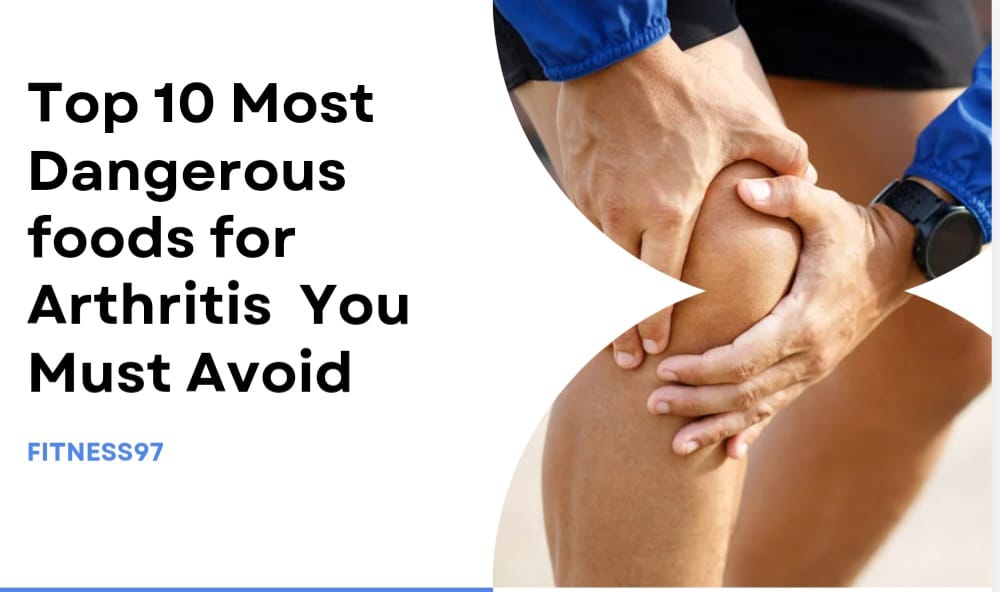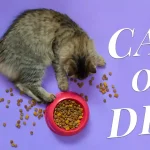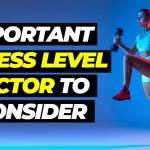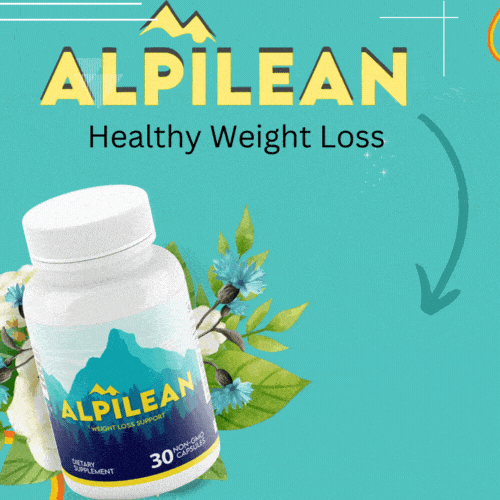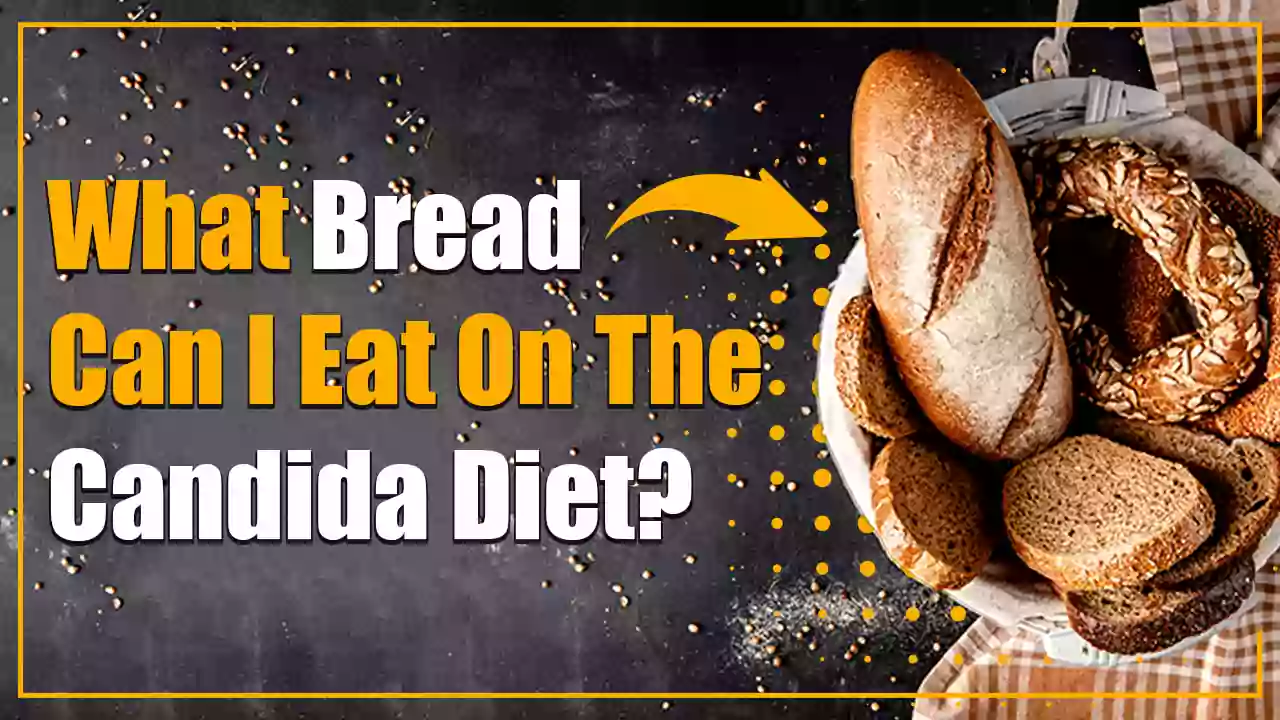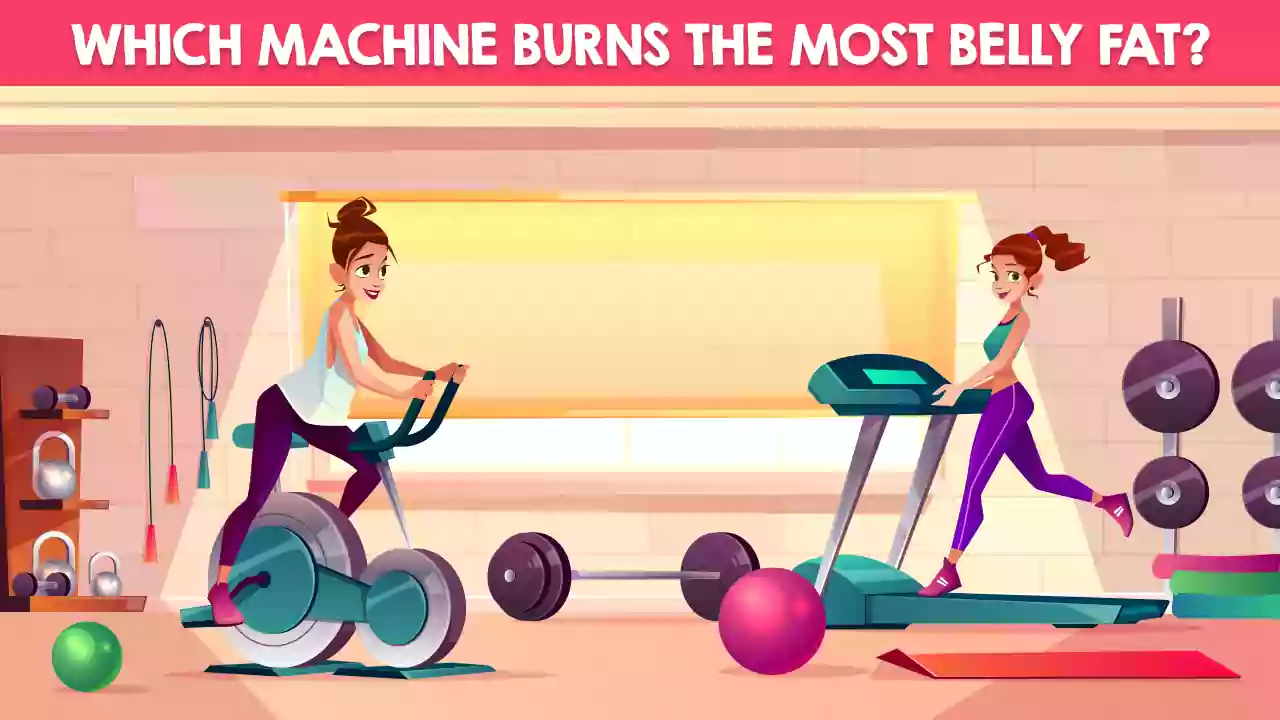Crash in itself sounds like an alarming word, isn’t it? A crash diet literally asks you to crash the plane of your calorie intake right at the bottom of the sea. But that could cost you serious health issues. The claims of losing 8-10 pounds in a week may sound tempting but comes with the cost of health. So, here we are to let you in on the details of a crash diet. Why is it considered for weight loss? And how is it bad for your health? Let’s find out.

What is a crash diet?
A diet plan that suggests you drastically minimize the per day calorie intake to achieve the set goals of weight loss. It expects you to drop down the calorie intake to 800-1200 calories a day (a normal intake per day lies between 2000-2500 calories). It is designed for short-term weight loss goals and cannot be continued for too long.
Do crash diets help in weight loss?
A crash diet works by eating less per day or consuming very little amount of calories a day. To do so, either you can eat small portions of everything or you can restrict specific kinds of foods that are rich in calories.
People looking out for the shortcuts to getting slim and smart in a few days usually follow the crash diet. And a sudden change in a diet plan will surely help them lose a few pounds, which makes people think it is the ultimate and long-term solution for weight loss. But, it is not. It does help people in their weight loss but for a very short period of time and with multiple health issues. If someone is looking for a more sustainable and healthy option to lose weight, a crash diet is definitely not the one.
Types of Crash diet
Let’s have a look at what a diet routine of a person on a crash diet looks like.
- Chicken soup diet
- Grapefruit diet
- Cabbage soup diet
- Juice cleanse diet
These are some of the recipes that people follow during crash diets. All of these recipes require you to replace your other major food parts with a single item and continue it for a week or more to lose weight. While it will help in losing weight, your body will be undernourished due to a lack of essential macro and micronutrients.
Why are crash diets bad for you?
Crash diets may work for weight loss but are not on good terms with your health. Let’s take a look at how a crash diet affects your health.
1. Doesn’t satiate your hunger
If you are consuming an optimal or excess amount of calories a day, and suddenly you have to cut back on your calorie count: it’ll be a hard task. Suddenly transitioning to restricted calorie intake will make you feel hungry constantly. This constant hunger is what leads to the desire to overeat unhealthy foods.
2. Take a toll on your heart’s health
According to studies, intake of calories way lower than the ideal limit can cause fat deposition in the heart. It can turn out to be fatal for people with existing heart diseases and can cause conditions like palpitations, shortness of breath, and arrhythmia.
3. Slow down your metabolism
You aren’t taking the essential nutrients and vitamins and are expecting your body to perform at its best? It’s a fool’s dream my friend. Low or non-consumption of proteins, fats, carbohydrates, vitamins, and minerals can slow down your metabolism. As you’ll be depriving your body of its energy sources.
4. Discourage physical activity
When your body will not be working at its best capacity, you’ll feel lethargic and unmotivated due to a lack of nutrition. And once you’ve made up your mind that a crash diet will help you attain your desired weight, you’ll never look for healthy physical activities. Although a crash diet can burn those extra pounds, to maintain that new slim figure, you need to add physical activity to your daily routine- otherwise, it’s all in vain.
5. You’ll experience mood swings
Do you think it’s only taking a toll on your physical health? Well here is a catch. A healthy body is a guarantor of a healthy mind and vice versa. A restrictive and low-calorie diet like a crash diet will make you lose concentration and will make you experience mood swings throughout the day.
6. Might experience hair loss
Wanna lose those shiny black hairs? No, right? A crash diet can make you lose that hair you’ve been taking care of for so long. Hair growth is necessarily dependent on a good and balanced diet including a high amount of protein, minerals, and vitamins like C and E. Lacking hair essential nutrients from your diet can result in telogen effluvium, a common hair loss issue observed right after a sudden change in diet plans.
Conclusion
Crash diets provide a quick and easy path for weight loss when you are short on time or impatient about it. But in no way, it is a sustainable diet plan. From your mental to physical health, it affects all. And, keeping these factors in mind, nobody in their right mind will like to choose it as their long-term weight loss plan. However, if you are recommended by a doctor to lose some weight before surgery or due to some other conditions, you can try the crash diet for a day or two. But eventually, there are multiple healthy options out there that can easily supersede the crash diet.

I look up to fitness as a lifestyle and love to pen down about it. I have 2 years of experience in content writing and I am here to share my research and knowledge on health and fitness.



